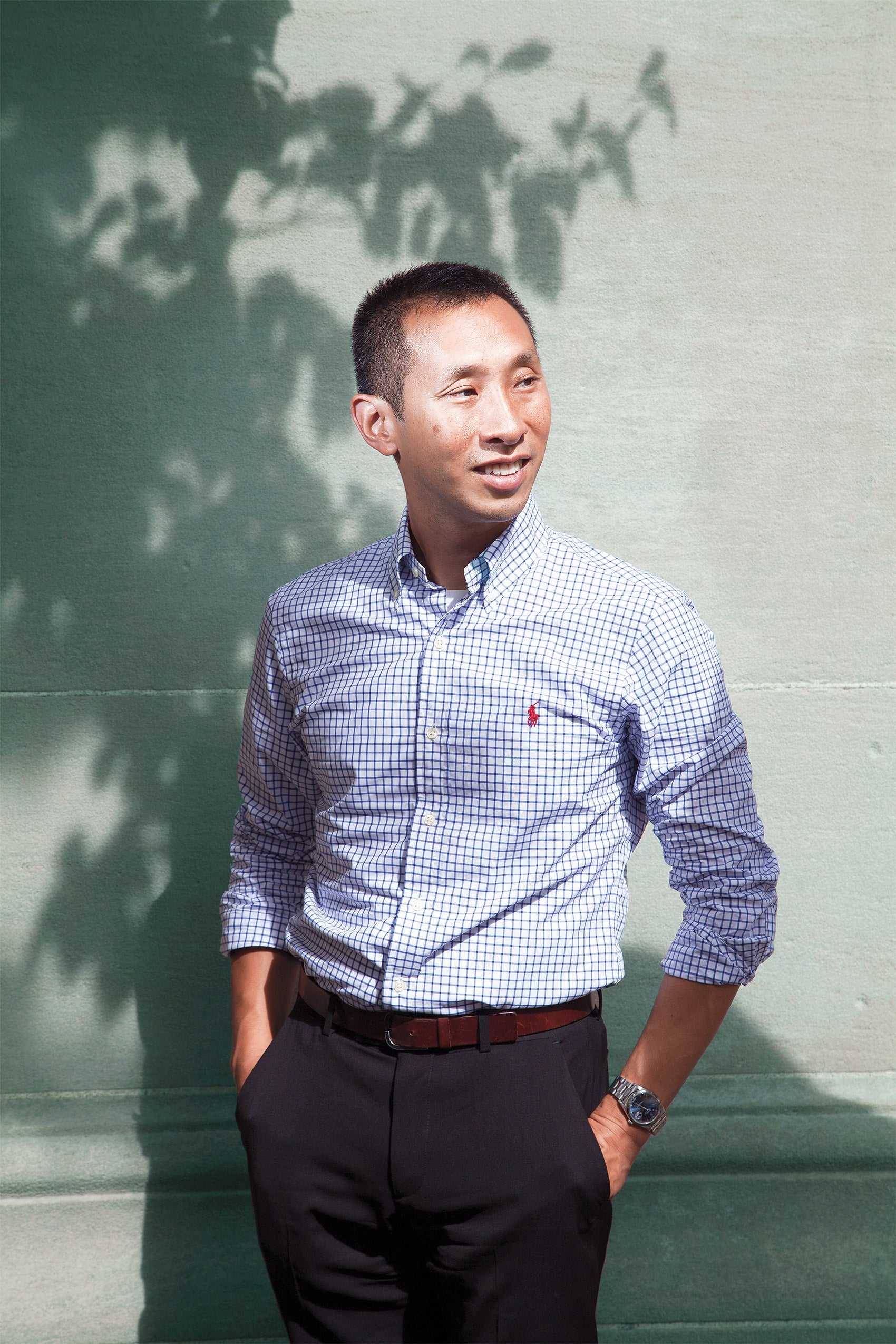This past spring, World Trade Organization Appellate Body Chair Thomas Graham ’68 and HLS Assistant Professor Mark Wu, an expert in international trade, convened more than 175 scholars, government officials, and lawyers from around the world to discuss the future of the Appellate Body of the WTO, the intergovernmental organization that governs world trade. The conference, which included more than 50 Harvard Law School alumni, aired views from different sides on whether the WTO dispute-settlement system is working well and how to improve it.
“Harvard alumni have always played an important role in shaping trade rules, litigating trade cases and monitoring trade’s impact on the public interest,” says Wu, whose extensive experience includes serving previously as the director for intellectual property in the Office of the U.S. Trade Representative and now as a principal liaison to the Trade and Environment Policy Advisory Committee, organized by the USTR and the Environmental Protection Agency. “Since joining the faculty, I’ve wanted to make sure that our students have opportunities to connect with these alumni and understand our rich leadership tradition in this field.”
International trade traditionally has been a Harvard Law School strength, but since Wu’s arrival at HLS in 2011, educational opportunities in the field have exploded. Wu teaches a first-year class on law and the international economy and an upper-level class on international trade law. Last year, his international trade law seminar focused on contentious issues in the Trans-Pacific Partnership negotiations and ongoing WTO cases. Students discussed their views with Matthew Yeo ’94, an advocate before the WTO. They also worked in teams to perform a moot argument in front of Professor Seung Wha Chang LL.M. ’92 S.J.D. ’94, a member of the WTO Appellate Body. In recent years, Graham, along with former WTO Appellate Body member Jennifer Hillman ’83, as well as Brazil’s secretary of foreign trade, and the European Union’s and China’s trade litigators, have spoken at HLS. Several alumni have mentored students doing internships and working on research papers.
“Being prepared to engage with trade law and policy in the 21st century requires understanding the diverse array of perspectives of your counterparts from around the world,” says Wu
This fall, he is teaching a seminar that examines the role and limits of law in resolving contentious trade issues between the U.S. and China. Students in a course at China’s Tsinghua University School of Law are also looking at those issues. Through videoconferences, the two groups of students are exchanging views and discussing ideas with one another.
In the clinical arena, Katrin Kuhlmann ’96 takes students to Africa through the New Markets Lab, the nonprofit, she founded to pioneer an inclusive approach to economic legal and regulatory reform in developing markets.
“I think it is wonderful that HLS is putting a focus on international trade law,” says Bill Busis ’87, deputy assistant U.S. trade representative for monitoring and enforcement in the Office of General Counsel at USTR. “This area of international law is arguably the most dynamic and meaningful in the entire field.”
In 2011, students in Wu’s international trade law class launched a WTO moot court team, for which he serves as faculty adviser. The team won the North American regionals in its first four years, placing second and third in the global finals. Students also started a Foreign Direct Investment moot court team, and the 2013 team placed first in the Foreign Direct Investment International Arbitration Moot competition in Germany.
Just last year a new student organization that focuses on international arbitration was formed at Harvard Law School. It joins the Harvard International Law Journal, the Harvard Asia Law Society, the HLS China Law Association, and the Harvard Law and International Development Society, which all organize talks and panel discussions related to trade, investment, and development.
